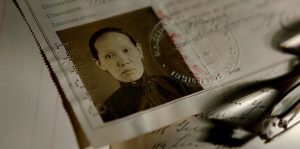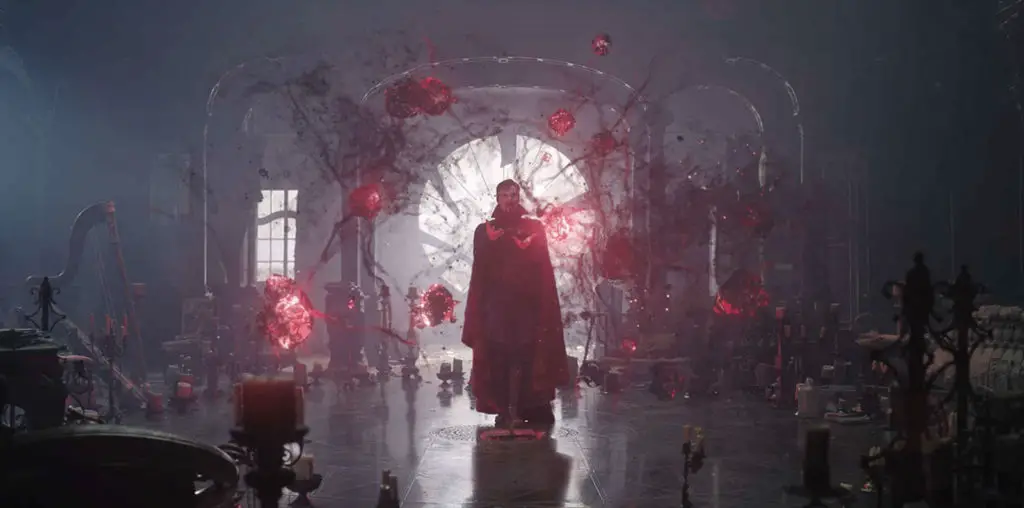
I’m going to admit upfront that I’m a lot biased about the film in this review. I didn’t walk in with the bias. Films generally succeed if it manages to connect with you emotionally. But it’s another thing if it connects with you historically as if the jigsaw puzzle of your past was finally completed. For me, that film is The Chinese Exclusion Act, presented as part of the PBS American Experience series.
Filmmakers Ric Burns and Li-Shin Ye give an exhaustive history of the Chinese-American experience before, during, and after the signing of The Chinese Exclusion Act. The act was the only time in U.S. history that Congress singled out a specific race and nationality of people for exclusion in areas including immigration, property ownership, citizenship, and basic civil rights.
For a little historical context, the United States was winding down from the Civil War and the ratification of the 14th amendment, which defined citizenship rules, established due process, and gave equal protection under the law. While this was happening, the U.S. and China ratified a trade agreement, which brought hundreds of Chinese men to the States to work during the Gold Rush and a crushing opioid addiction to China.
As things tend to happen, when a sudden increase in foreigners show up on your doorstep, and they don’t look like you or much less speak your language, fear and paranoia set in. The target of that fear were the Chinese immigrants coming to California. It didn’t take long for the beatings to start, then the racially-motivated thuggery and extortion, which all lead to the worst incident of mass lynchings in the United States in Los Angeles Chinatown.

“…all lead to the worst incident of mass lynchings in the United States in Los Angeles Chinatown.”
This hysteria spread to the other coast arriving on the steps of the U.S. Capital bringing about the passage of The Chinese Exclusion Act. It was meant to not only shut the door on future immigration from China but also to thin out the population by excluding Chinese women from immigrating. On a personal note, the ultimate reversal of barring Chinese women is one of those Back to the Future moments for me and my literal existence on this planet. As with most U.S. atrocities, it all ends with a war and in this case World War II, when the U.S. and China worked together against a common enemy.
Director Burns and Ye do more than just document the discrimination, beating, and killing that lead up to and were justified by the creation of the Exclusion Act. They go in depth into the psyche of American politicians (the old dogs so to speak), still coming to grips with the end of slavery and the subversive posturing that allowed this bill to pass the legislature and President Arthur backing down from his moral conviction.
Not willing to take discrimination sitting down, the act would be challenged in court. It was these challenges that would bolster and strengthen the language of the 14th amendment. It addressed whether the children of Chinese Immigrant born in the U.S. would receive U.S. citizenship and when laws could be written that would apply to whites only and not the Chinese (Equal Protection).

“Not willing to take discrimination sitting down…It was these challenges that would strengthen the language of the 14th amendment…”
As philosopher Santayana said, “Those, who do not learn history are doomed to repeat it.” Most Americans know very little about the Exclusion Act and its important place in shaping America today. I could stand on my soapbox and tell “you people” to see this film so you can feel the shame. But I’m really not that kind of person. Admittedly, I knew probably about 10 percent of the facts in this film. You need to see The Chinese Exclusion Act because it’s well-produced, exhaustive in its facts and stories, and its importance. It will also challenge the current discussion of U.S. immigration policy. I’ve had to shift my thinking as a result.
For me personally, this film is a personal discovery of my ancestors’ journey to a better life in the U.S. Particularly meaning are the stories of the San Francisco earthquake, Angel Island, and the Chinatowns in San Francisco and Los Angeles. That’s my past and my history.
I’ve benefitted from the journey of my parents, grandparents, and great-grandparents. It was my grandparents’ dream to come to the U.S. in hopes a better life for their children and children’s children. Gratitude for those who came before me is not lost. I am thankful for where I am today. Yes, even in these times.

The Chinese Exclusion Act (2018) Directed by Ric Burns and Li-Shin Yu. The Chinese Exclusion Act screened at the 2018 Los Angeles Asian Pacific Film Festival and will broadcast on PBS as part of its American Experience series.
4 out of 5 stars.

